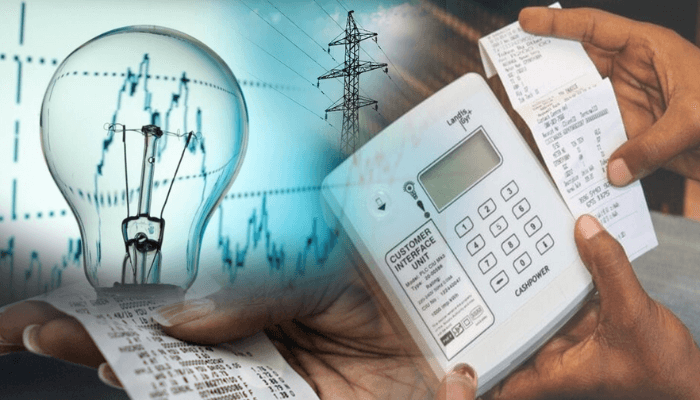Rising power costs in Nigeria have become a significant challenge for businesses, affecting everyone from micro-entrepreneurs to multinational corporations. The surge in fuel prices, primarily petrol and diesel, which many businesses use to power generators, has led to increased energy costs. This situation is causing concerns and impacting the financial performance of various companies.
Energy Cost Increase Across Industries
Data from financial statements of eight listed companies revealed an 18.35 percent increase in energy costs to N221.75 billion in the first half of 2023 compared to N187.36 billion during the same period in 2022. Leading this increase were cement manufacturers, with Dangote Cement reporting the highest energy costs of N157.020 billion in H1 2023, a 20.82 percent growth from the previous year. BUA Cement and Dangote Sugar also saw substantial increases in energy costs.
Challenges in Nigeria’s Power Supply
The challenges in Nigeria’s power sector are twofold. First, the country’s power production capacity is inadequate to meet the demands of industries and even individual households. The result is a heavy reliance on self-generated electricity using generators. Second, the erratic power supply from distribution companies (DisCos) has forced manufacturers and businesses to invest in alternative energy sources.
The Manufacturers Association of Nigeria (MAN) reported that manufacturers spent N144.5 billion on alternative energy sources in 2022, compared to N77.22 billion in 2021, resulting in an 87 percent increase in the cost of accessing alternative energy sources. These rising energy costs are significantly affecting the operational expenses of businesses, potentially making Nigerian products less competitive on the international market.
Power Scarcity and Economic Impact
Power scarcity is a significant issue in Nigeria. The country produces less than 5,000 megawatts of electricity for over 200 million people, including industrial and commercial businesses. Inadequate power supply costs Nigerian businesses approximately $29 billion annually, according to data from the World Bank’s Power Sector Recovery Programme. Furthermore, Nigeria has the largest number of people without access to electricity globally, with one in ten people lacking access.
Businesses Resort to Self-Generation
Due to the unreliable power supply from the DisCos, many companies have turned to self-generation. Businesses like Flour Mills of Nigeria, Dangote Group, Cadbury, Haffar, Kam Industries, and Qualitec Industries have stopped receiving power from the DisCos and rely on alternative power sources. While this provides some relief, it significantly increases the cost of production and affects the overall competitiveness of Nigerian businesses.
Addressing the issue of power costs in Nigeria is vital for the country’s economic development. The government and relevant authorities need to address the challenges in the power sector to ensure affordable and reliable energy for businesses and individuals alike.
Follow us on Facebook
Post Disclaimer
The opinions, beliefs and viewpoints expressed by the author and forum participants on this website do not necessarily reflect the opinions, beliefs and viewpoints of Anaedo Online or official policies of the Anaedo Online.

